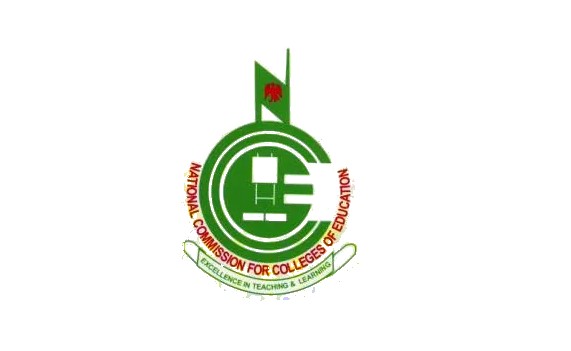The National Commission for Colleges of Education (NCCE) has taken significant strides in upholding the integrity of Nigeria’s education system by identifying and shutting down 22 illegal Colleges of Education operating across the country. This decisive action comes in response to a directive from President Bola Tinubu, who has mandated a comprehensive crackdown on institutions operating without proper accreditation, often referred to as “certificate mills.” These institutions pose a serious threat to the credibility of the Nigerian education sector, undermining the value of legitimate qualifications earned by students from accredited institutions. The NCCE’s initiative represents a crucial step toward ensuring that only institutions meeting the required standards are allowed to operate, thus protecting the interests of students and maintaining public trust in the education system.
The NCCE’s efforts align with a broader government initiative to enhance quality and efficiency in education. President Tinubu’s call to action, delivered at the 14th convocation of the National Open University of Nigeria, underscored the urgent need to address the issue of illegal institutions and their detrimental impact on the education landscape. The President emphasized the importance of collaboration among various educational agencies, including the National Universities Commission (NUC), the National Board for Technical Education (NBTE), the National Youth Service Corps (NYSC), and the Joint Admissions and Matriculation Board (JAMB), to create a cohesive and effective approach to combating this challenge. This collaborative approach signifies a commitment to strengthening the overall quality of education and safeguarding its integrity.
The closure of the 22 illegal Colleges of Education reflects the NCCE’s commitment to fulfilling its mandate of regulating and supervising teacher education in Nigeria. By taking swift and decisive action against these institutions, the commission is working to ensure that only qualified and competent teachers are produced, thereby contributing to the improvement of teaching standards in the country. This action also serves as a deterrent to other potential operators of illegal institutions, reinforcing the message that such practices will not be tolerated. The NCCE’s ongoing efforts are critical to maintaining the credibility of teacher education and ensuring that future generations of Nigerian students receive the highest quality education possible.
In addition to shutting down illegal colleges, the NCCE has also conducted a thorough personnel audit and financial monitoring of all 21 federal Colleges of Education. This comprehensive review aims to ensure transparency, accountability, and proper resource management within these institutions. By scrutinizing personnel records and financial practices, the commission is working to identify any discrepancies or irregularities that could compromise the quality of education offered. This proactive approach to oversight is essential for maintaining public trust in the education system and ensuring that resources are used effectively to support student learning and institutional development.
The combined efforts of the NCCE and other educational agencies represent a concerted effort to strengthen the Nigerian education system and protect it from the damaging effects of illegal institutions. President Tinubu’s strong stance against “certificate mills” sends a clear message that the government is committed to upholding the integrity of education and ensuring that all students have access to quality learning opportunities. By working together, these agencies are creating a more robust and accountable education system that can effectively serve the needs of the Nigerian people. The ongoing efforts to identify and shut down illegal institutions, coupled with measures to enhance transparency and accountability within existing institutions, are crucial steps toward building a stronger and more credible education sector.
The NCCE’s recent achievements demonstrate a proactive and determined approach to addressing the challenges facing the education sector. The closure of the illegal Colleges of Education, coupled with the ongoing audits and monitoring, underscores the commission’s dedication to ensuring quality and accountability in teacher education. These actions send a powerful message that illegal practices will not be tolerated, and that the government is committed to creating a stronger, more credible education system for all Nigerians. The ongoing collaboration between the NCCE and other educational agencies holds promise for further improvements in the quality and integrity of education in the country, ultimately benefiting students, educators, and the broader society.


